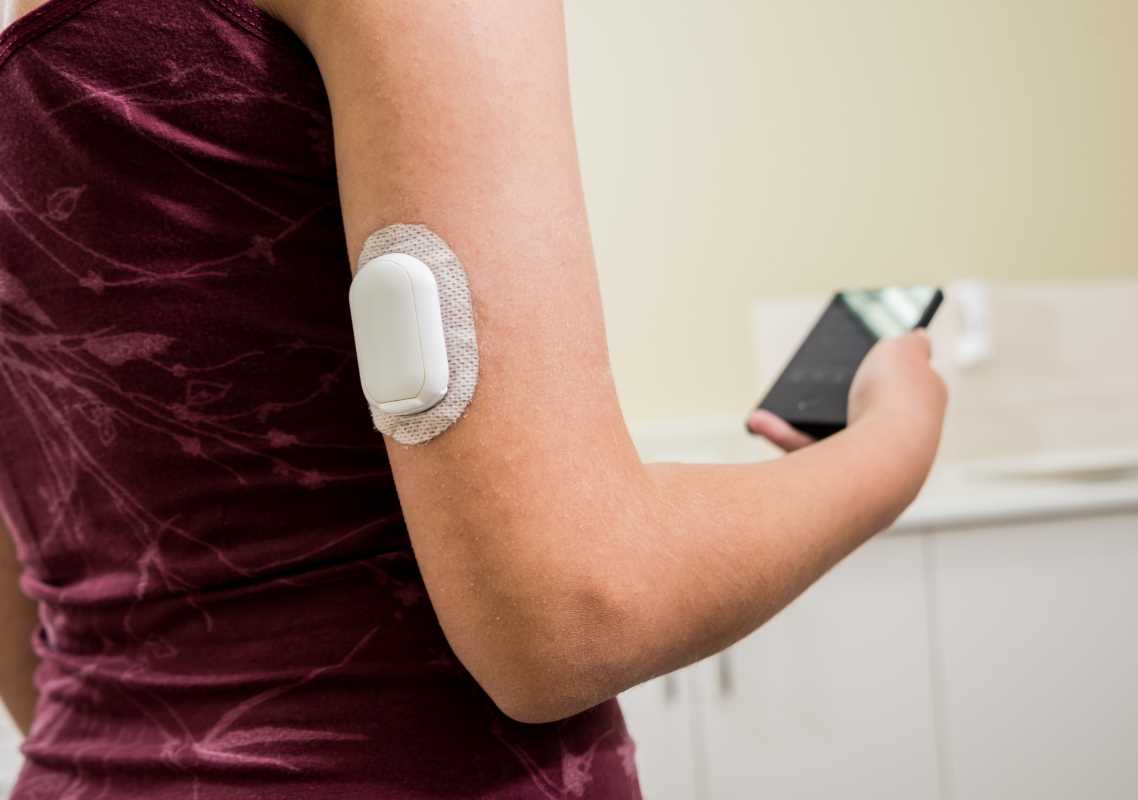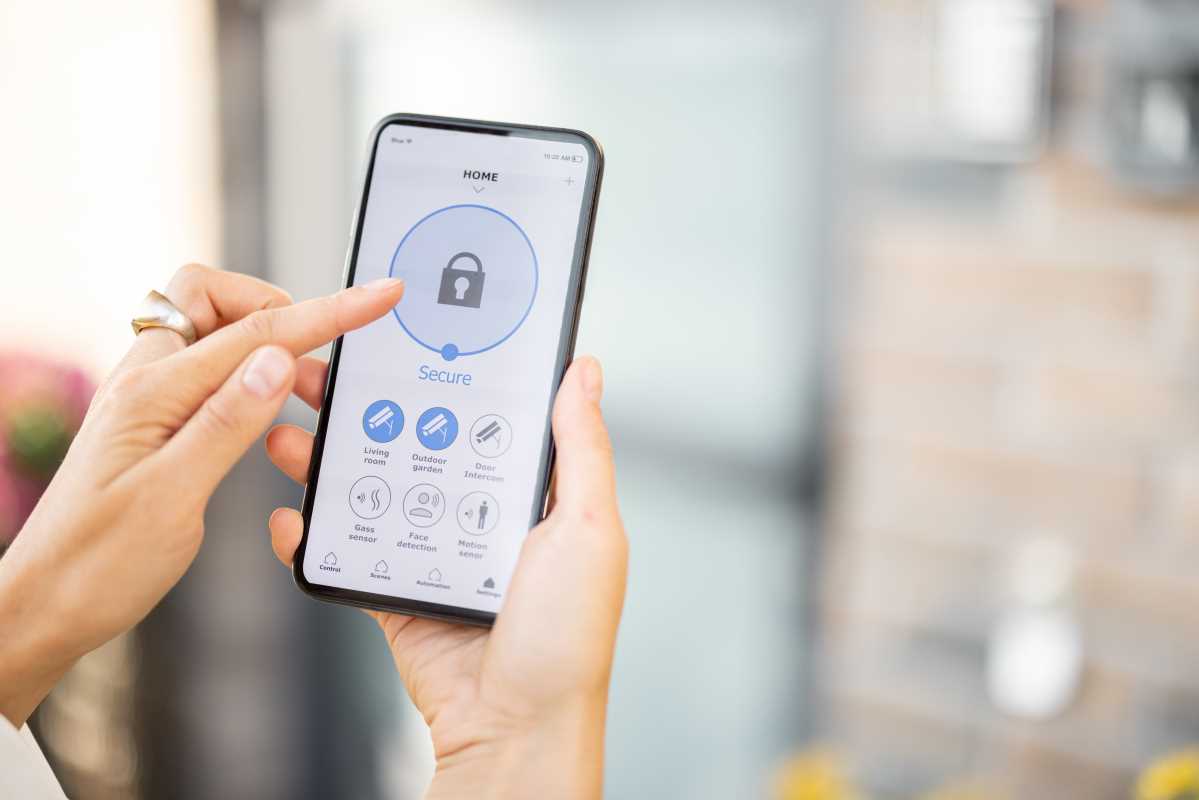Mental health apps have transformed the way people manage their emotional well-being. Easily accessible on your smartphone, they offer tools to track symptoms, recognize triggers, and even provide exercises for reducing stress or anxiety. These apps are especially helpful for those who want a non-intrusive way to check in with themselves on a daily basis. It's also a great way to keep track of your mood to see how you've been doing lately. Let's check out these mental health apps and explain how they can help. Apps aren't a one-size-fits-all situation, so we've listed some quick pros and cons so you can figure out which one will work best with your lifestyle.
1. Moodpath
Moodpath is an excellent choice for those who want thoughtful, structured tracking of their mental health. With its daily check-ins, the app collects detailed insights into emotional and physical states. Over time, users receive a well-rounded two-week mental health report that can be shared with therapists or used for self-reflection. This structured and immersive design makes Moodpath a go-to app for anyone looking to stay on top of their mental well-being.
Pros:
- Offers a thorough two-week mental health assessment report, perfect for sharing with professionals.
- Provides access to exercises and content designed for self-care.
- Encourages daily check-ins through customized prompts.
Cons:
- Requires consistent use over the two weeks for accurate insights.
- Most premium features, like extended courses, sit behind a paywall.
- Focused primarily on tracking rather than offering interactive relief options.
2. Daylio
Daylio is a fantastic app for minimal-effort mental health monitoring. Instead of typing out long reflections, users log their moods and daily activities using simple icons and visuals. Over time, this data builds into recognizable patterns through graphs and charts, providing clear insights into how lifestyle choices influence mental health. For people with little spare time, Daylio offers an effective way to stay aware of their emotions.
Pros:
- Intuitive, easy-to-use design perfect for busy lifestyles.
- Converts daily inputs into visually engaging stats and graphs for long-term insights.
- Highly customizable, allowing users to tweak mood categories and activity lists.
Cons:
- Relies purely on user entries, so inaccurate data can impact results.
- Doesn’t offer deeper psychological analysis or actionable advice.
- Lacks therapy or meditation features included in other apps.
3. BetterHelp
BetterHelp combines mental health monitoring with access to professional counseling services. This app makes connecting to a licensed therapist straightforward, allowing users to choose between phone calls, video chats, or text-based conversations. It also includes features like session tracking and journaling to help users mentally organize their therapy insights, bridging the gap between self-monitoring and professional care.
Pros:
- Provides access to professional therapists via text, video calls, or phone.
- Includes daily journaling functions to document mental health patterns.
- Offers flexible therapy solutions for people with hectic schedules.
Cons:
- Requires a subscription, which might not fit into everyone’s budget.
- Therapy services rely on a stable internet connection.
- Lacks robust symptom graphing tools compared to other apps.
4. MindDoc
MindDoc stands out as a research-backed app that’s slightly more clinical in nature. Designed by psychologists, it caters to individuals dealing with anxiety or depression. The app asks purposeful questions several times a day, collecting precise data on emotional shifts and triggers. Over time, this information is analyzed to produce a deep, evidence-based understanding of the user’s mental health patterns.
Pros:
- Delivers detailed mental health assessments after consistent use.
- Tracks mood shifts throughout the day with thoughtfully crafted prompts.
- Offers access to mental health education, helping users understand themselves better.
Cons:
- May be difficult for some users who prefer straightforward tools.
- Doesn’t include interactive exercises or gamified techniques.
- Requires a premium subscription for the complete experience.
5. Sanvello
Sanvello is a holistic app for managing mental health symptoms with an emphasis on practical techniques. Combining symptom tracking with the principles of Cognitive Behavioral Therapy (CBT), it offers guided experiences to help users overcome stress and anxiety. The app’s extensive tools, like goals and practice activities, make it a great resource for improving mental well-being step by step.
Pros:
- Tailored journeys guide users through stress management and building healthier habits.
- Includes a supportive community feature for shared tips and encouragement.
- Provides strategies that cover both symptoms and stress resilience.
Cons:
- Limited tracking capabilities compared to some other apps.
- Navigation through its many features isn't extremely user-friendly.
- Premium membership unlocks exclusive content.
6. Reflectly
Reflectly is a journaling app that operates like a cheerful personal coach, encouraging users to reflect on their day and celebrate small victories. Its deep prompts get users thinking about the highs and lows they face, presenting the data in a visually engaging and insightful way. Reflectly is perfect for anyone looking to build positivity into their daily routine.
Pros:
- Daily prompts make journaling structured and easy.
- Beautiful, user-friendly design encourages routine usage.
- Visual summaries help users spot patterns in emotional highs and lows.
Cons:
- Focus is mostly on long-term reflection rather than day-to-day fixes.
- May not feel comprehensive enough for those seeking actionable recommendations.
- Lacks real-time mental health education or professional input.
7. Happify
Happify reimagines mental health tracking with a fun and interactive twist. This app uses mini-games and challenges to promote positivity and resilience, focusing on scientifically-backed practices like gratitude journaling. By turning mental health care into a playful experience, Happify proves that emotional healing doesn’t have to be so serious.
Pros:
- Games and interactive scenarios to encourage better emotional resilience.
- Makes tracking mental health both engaging and rewarding.
- Suitable for those seeking lighter, game-like activities.
Cons:
- Doesn’t offer insights or assessments based on long-term usage.
- Lacks in-depth symptom trackers compared to other apps.
- May feel too casual for those facing complex concerns.
8. Moodfit
Moodfit bridges the gap between physical and mental health with its versatile approach. It tracks emotional states and syncs with wearables to monitor lifestyle factors like fitness and sleep. This dual focus helps users understand how their physical habits influence their mental well-being, making it an all-in-one mental health assistant.
Pros:
- Tracks lifestyle factors like sleep and exercise alongside emotional changes.
- Includes built-in exercises like gratitude journaling.
- Syncs with fitness trackers to provide a full picture of your health.
Cons:
- Might be too much for users with too many features at once.
- Relies heavily on owning wearable tech for optimal results.
- Advanced tools require unlocking through a subscription.
9. Calm
Calm is a staple of the mental health app market, valued for its soothing meditations and sleep tools. It’s specifically built to improve relaxation, helping users unwind from daily stress or sleepless nights. Its combination of immersive soundscapes and meditation tracking makes it a great choice for stress relief.
Pros:
- Features calming guided meditations and soothing soundscapes.
- Includes sleep stories to improve nightly rest.
- Tracks users' progress with meditation streaks.
Cons:
- Best suited for stress relief rather than dedicated symptom tracking.
- Meditation sessions require focus, which may not appeal to everyone.
- Advanced content is locked behind a paywall.
 (Image via
(Image via





